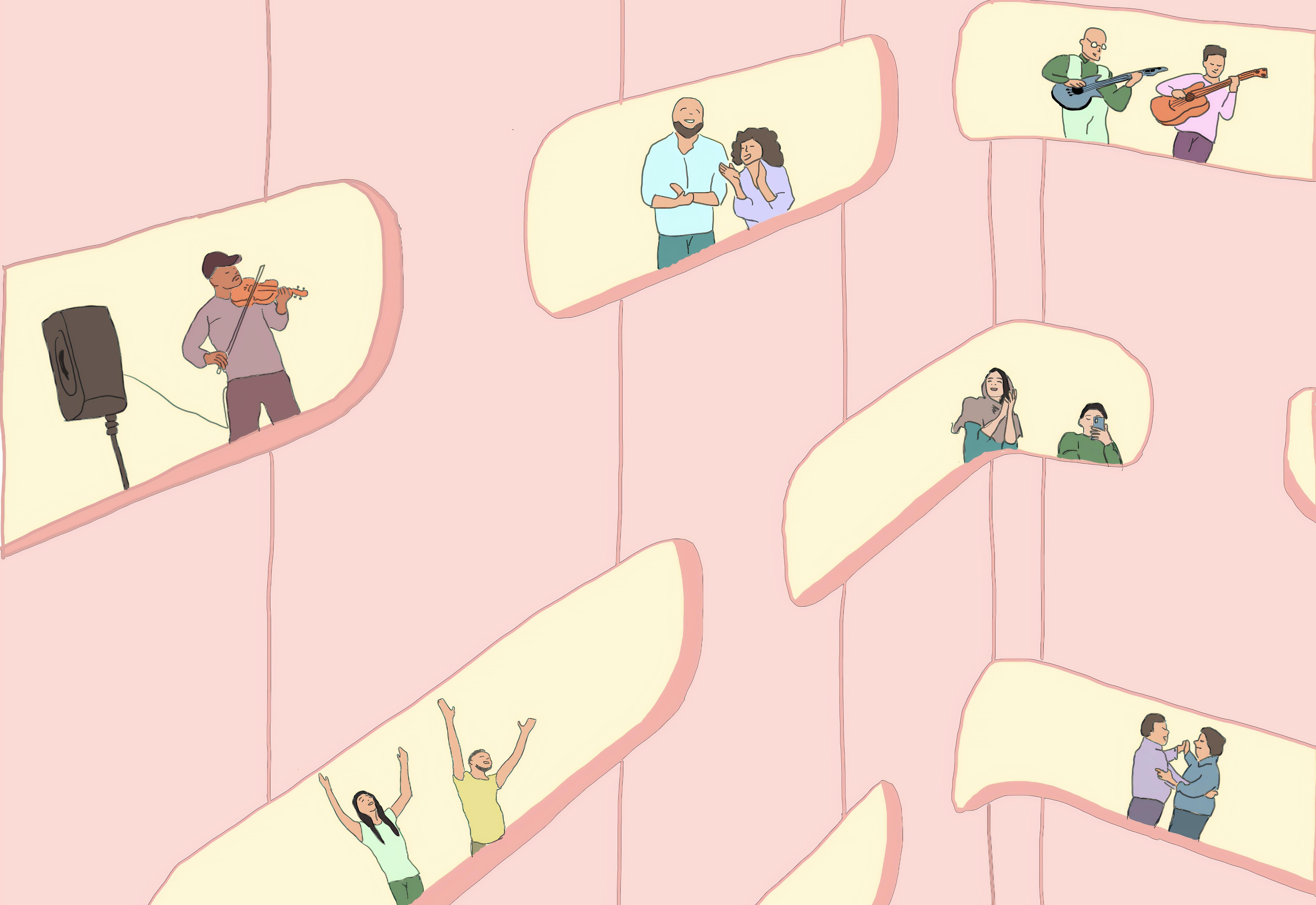

Professor Henrietta L. Moore
The economic impact of the Covid-19 outbreak has been immense. There has been a worldwide call to action in response to the Covid-19 pandemic and many are calling for progressive policies to ‘build back better.’ The Global Solutions Summit 2020, this year taking place virtually, seeks policy responses to major global challenges addressed by the G20, the G7 and other global governance fora. To this end, the Global Solutions Initiative have asked me for a policy response to address one of the major questions – What can the G20 do to stabilise the world economy in times of the Covid-19 pandemic?
A large part of our current thinking at the Institute for Global Prosperity has been focused on how to restructure our economies to deliver the quality of life and wellbeing for people and the planet. The current crisis represents an opportunity now to reset the rules – to realise that economies need to serve our societies. The pandemic has shown us how important the public services are, but also revealed how fragile access to these services is. If we are going to build prosperous societies with dynamic economies, we must better understand the relationship of the economy to people and communities. In my vision statement I argue for redesigning public services for the 21st century as response to the pandemic. A couple of years ago, the IGP has proposed a transformative set of Universal Basic Services to support households in the long term, providing them not only with services, but also additional resources to manage the next great set of transformations.
Access to Universal Basic Services enhances not just the skills and resources needed for the post-Covid-19 economy, but also provides the basis for a new social contract between government and society by recoupling social and economic progress. Universal Basic Services calls for every nation to guarantee every citizen basic access to shelter, food, healthcare, education, local transport and digital services. This call has now been echoed across the world from the UK to India, from Indonesia to Belgium. Citizens around the world need more than cash transfers. They need investment in their capacities, capabilities and assets, as well as investment in the social institutions that are the foundations for social solidarity. Hence, building a resilient foundation of basic wellbeing through Universal Basic Services is necessary for building pathways to sustainable prosperity, as it will allow every citizen to release their potential to build a more prosperous future by using their unique capacities and capabilities.
The economy is not what creates security, it is security that creates the economy. As we move through the crisis, we need to take what we’ve learned and put society and the wellbeing of people and planet before that of an economy based on profit and growth. It is time to rebuild our social contract with our citizens, and that contract must start with Universal access to Basic Services.
Image credit: Shua Baber. Submitted for United Nations Global Call Out To Creatives - help stop the spread of COVID-19.